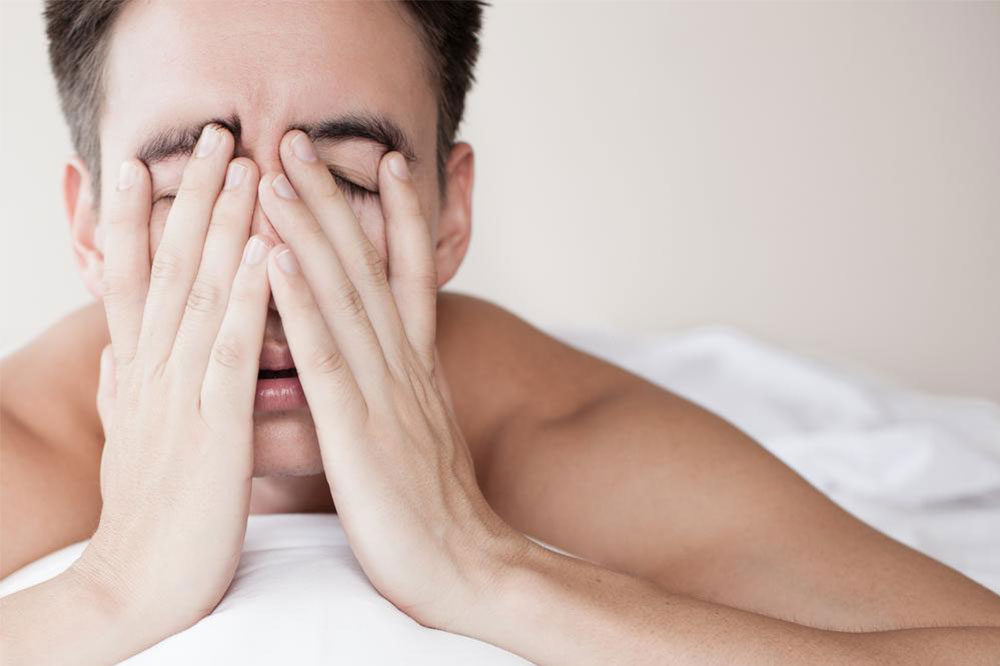
Signs & Symptoms of Sleep Apnea
Apnea quite literally means a lack of oxygen. So, in a literal sense, a condition in which the brain fails to get enough oxygen is called sleep apnea. People who suffer from sleep apnea essentially stop breathing abruptly while sleeping. This condition is fairly common and can affect almost anyone. However, if left untreated, this could lead to several serious heart conditions.
While there are several types of sleep apneas, the most common one is obstructive sleep apnea (OSA). In this type of sleep apnea, the patient’s breathing gets temporarily obstructed due to the momentary relaxation of the throat muscles. While this condition may affect individuals of different age groups, the symptoms may vary according to their age.
The following are the signs and symptoms of sleep apnea that can be observed in persons suffering from the condition:
- Snoring
This is, by far, one of the most common and observable symptoms among adults with sleep apnea. Usually, the person snores very loudly during the night and may cause a hindrance in your way of life. - Shortness of breath
If you find yourself waking up quite a few times throughout the night and experience shortness of breath whenever you do, there’s a good chance you may be suffering from sleep apnea. - Fatigue throughout the day
If you find yourself nodding off throughout the day or find it particularly difficult to pay attention to seemingly simple tasks, getting a professional opinion about sleep apnea must be considered. - Mouth-breathing
This can be particularly observed in younger children. If the child is seen to be breathing with his mouth or sleeps with his mouth open, a doctor’s opinion should be taken as soon as possible. - Bedwetting
Another symptom more often observed in children and toddlers. This symptom might go undiagnosed as a regular habit of a child. However, if associated with any of the other symptoms, this must be taken under serious consideration.
A variety of factors may affect your health that may cause the onset of sleep apnea. Some of these factors include being overweight, using tobacco products, or excessive consumption of alcohol. This condition is also known to affect the libido and sex drive in a person. In children, the symptoms observed are somewhat similar to what may be observed in a child with ADHD. If you are observing any of the above symptoms in yourself or in your children, it is advised to consult a doctor or a pediatrician to rule out the possibility of sleep apnea. A simple sleep study, or polysomnogram, can help in diagnosing sleep apnea, after which the doctors will suggest a variety of remedies that will make this condition easier to live with.



